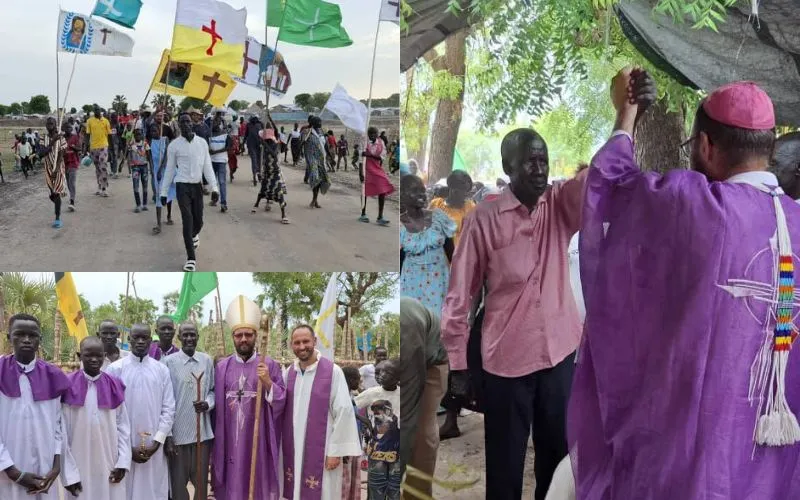Port Louis, 02 October, 2023 / 5:30 pm (ACI Africa).
On the occasion of the International Day of Non-Violence marked October 2, religious leaders in the Indian Ocean Island nation of Mauritius are encouraging the adoption of non-violent initiatives as a means to achieve lasting peace.
In a statement issued Monday, October 2, members of the Council of Religions (CoR) in Mauritius say, “Against the backdrop of violence and hatred in our country, October 2 is a timely opportunity to question our behavior, whether we are young or old, men or women, believers or atheists.”
“Non-violence does not mean passivity or pacifism, but a shared commitment to promoting peace in the image of Gandhi's salt march,” the leaders say in their statement obtained by ACI Africa.
Members of the Council of Religions in Mauritius say, “Only non-violence can lead to lasting peace in our country and in our families.”
“Anger is a feeling over which we have no control. It just happens. But we can decide not to act in anger,” the religious leaders in the Indian Ocean Island nation say.








